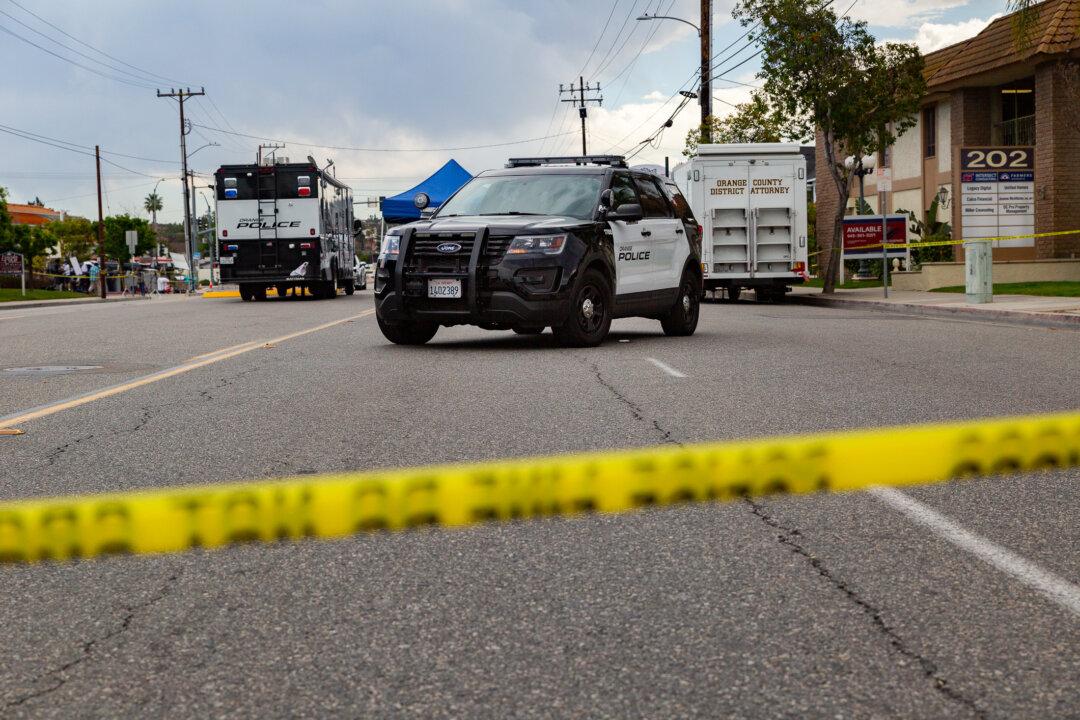I am a retired Southern California homicide detective with over thirty-four years on the job. What I would like to discuss with you folks is the ridiculous idea that is being propagated by not only this country’s left-wing politicians, but all of its clueless citizens with the same mind-set—especially, in light of the heavy increase in violent crime currently being generated throughout the United States.
What most people, not just the ones I have alluded to in the paragraph above, don’t seem to understand is that the brave men and women that take on the mantle of first responders, be they law enforcement, paramedics or firefighters, is that like our folks engaged in combat, they can and do suffer extensive trauma. However, unlike being in a theater of war, it takes place over a greater period of time—unfortunately, oftentimes resulting in the same types of issues.



